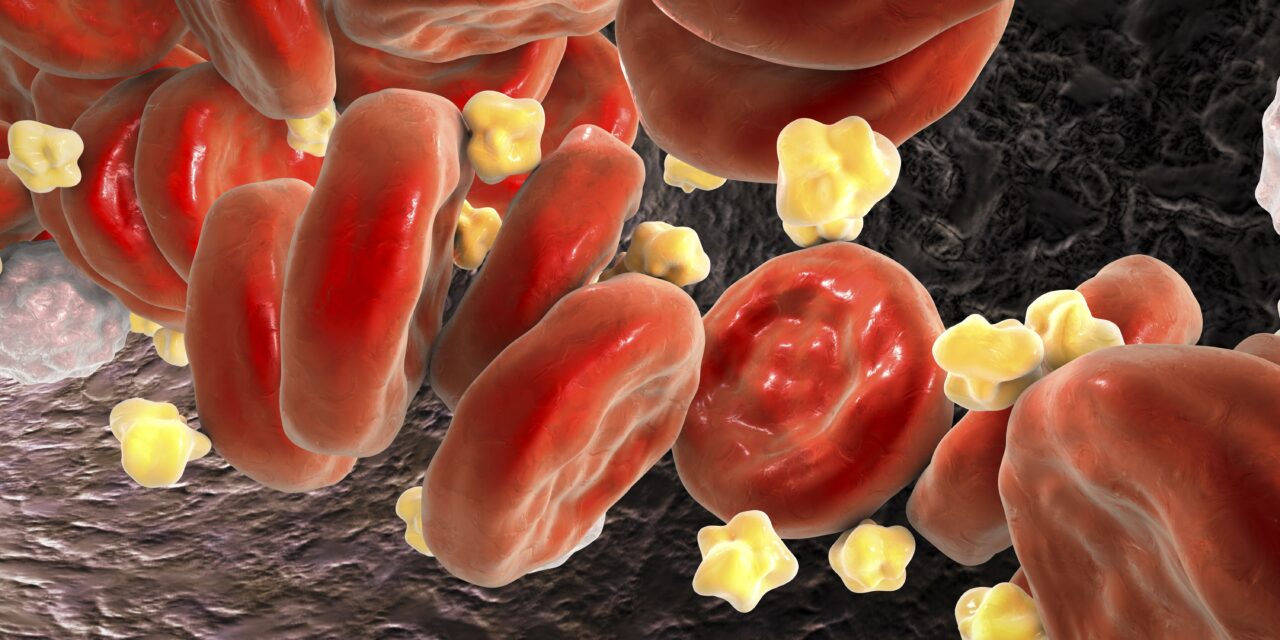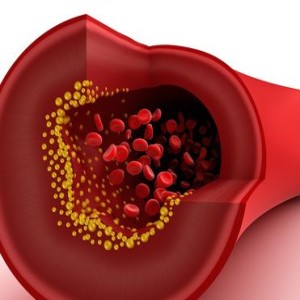TL;DR
-
2013 study: Low-dose folic acid lowered total & LDL cholesterol.
-
Recent research: Folate lowers homocysteine, linked with reduced cardiovascular mortality and ~10% lower stroke risk.
-
Best effects: EPA + folate-rich diet or folic acid supplements in folate-deficient groups, or combined with statins.
-
Note: Not a substitute for treatment — but may support overall cardiovascular health.
Folic acid isn’t usually the first nutrient people think of for lowering cholesterol. But a small clinical study suggests it may play a role in supporting healthier lipid levels.
The Study
A trial published in Medical Science Monitor (2013;19:733–739) followed 124 Caucasian adults aged 19–39 who had risk factors for atherosclerosis (family history of stroke, high cholesterol, sedentary lifestyle, obesity/overweight, or smoking).
-
Participants took 400 mcg/day of folic acid (a common supplement dose) for 12 weeks.
-
Results showed a significant reduction in total cholesterol:
-
Women: from 203.4 → 193.1 mg/dL
-
Men: from 209.5 → 201.9 mg/dL
-
-
LDL cholesterol (the “bad” cholesterol) also decreased:
-
Women: from 107.4 → 99.9 mg/dL
-
Men: from 121.5 → 115.1 mg/dL
-
The Homocysteine Connection
-
Elevated homocysteine linked with higher cardiovascular risk.
-
Folate, B6, and B12 are required to recycle homocysteine.
-
Reducing homocysteine is one way folate might protect blood vessels.
Newer Evidence (2015–2024)
a. Mortality & risk reduction
-
Fan et al., 2021: High homocysteine strongly linked to higher cardiovascular mortality.
-
Choi et al., 2023: High plasma homocysteine → higher all-cause and CV mortality. Genetic (MR) studies suggest association is real, though causality is nuanced.
b. Stroke risk
-
Meta-analyses (2022–2024): Folic acid supplementation reduces stroke risk by ~10%, especially in populations with low baseline folate or no folate fortification.
-
JACC 2022 & Clinical Nutrition 2024 confirm protective role.
c. Combination therapies
-
Wang et al., 2025: Folic acid + B12 + rosuvastatin → better lipid profiles and lower inflammation vs statin alone.
5. What This Means in Practice
-
Effects on cholesterol are modest but meaningful in at-risk groups.
-
Stronger evidence for stroke prevention and mortality reduction when homocysteine is lowered.
-
Benefits are clearest in populations with low dietary folate (no fortification, poor diet).
FAQ
-
Does folic acid lower cholesterol? → Small study suggests yes, but effect is modest.
-
Does folic acid reduce stroke risk? → Yes, meta-analyses show ~10% reduction, especially where diets are folate-poor.
-
Is homocysteine lowering always protective? → Likely, but results vary; best seen in high-risk or folate-deficient groups.
-
Should I take folic acid for heart health? → It can’t hurt, but talk to a doctor trained in natural healthcare; food sources (leafy greens, beans, fortified grains) are safe and beneficial.







